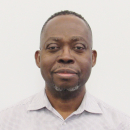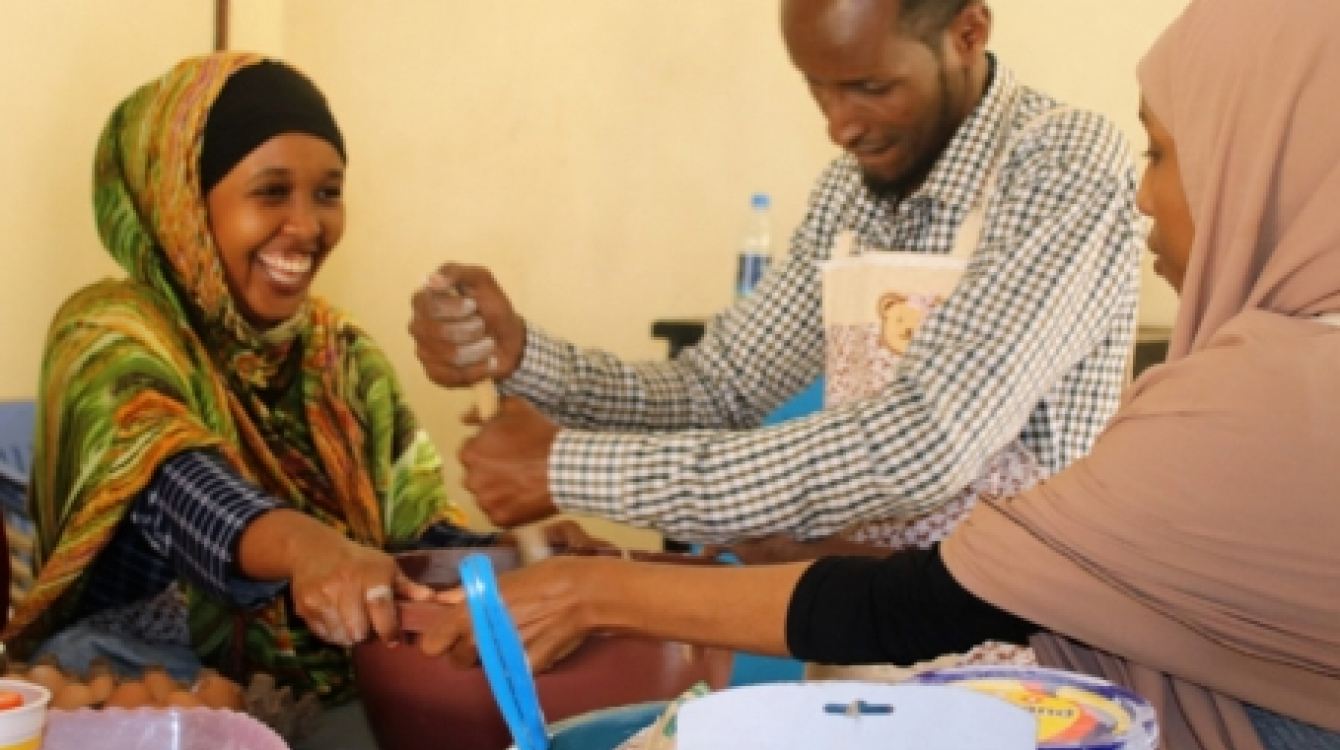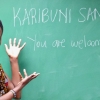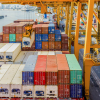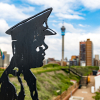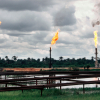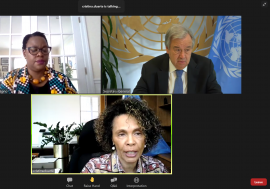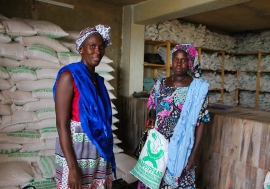Civil society, academia, business, the UN, international and regional organizations, and host communities working together can find innovative ways to better respond to the needs of refugees and internally displaced persons in Africa.
There are about 68 million forcibly displaced persons in the world, with a third of these being in Africa, according to United Nations High Commissioner for Refugees (UNHCR). This includes 6.3 million refugees and asylum-seekers and 14.5 million internally displaced persons (IDPs).
At the just-concluded Africa Dialogue Series 2019 held at UN Headquarters in New York, participants agreed that, to get durable solutions, the root causes of displacement in on the continent must be addressed.
Conflicts, violent extremism and climate change are pushing more and more Africans out of their homes, mostly to neighbouring countries, contrary to public perceptions that African refugees are flooding other continents.
“Africa is not a continent of mass exodus,” said Amina J. Mohamed, the UN Deputy Secretary-General. For example, in 2017 only a small percentage of Africa populations left the continent in search of green pastures overseas.
“More than half of African migrants move within the continent. The more than 36 million African migrants in 2017 amount to less than 2.9% of Africa’s population,” said Ms. Mohamed.\
Moreover, data shows that most African migrants travel in search of economic opportunity and are young and educated. They can contribute to peace, development and economic growth.
“These migrants spend approximately 85% of their incomes in their destination country and make a major contribution to local economies—for example they are responsible for 19% of the GDP in Côte d’Ivoire, 13% in Rwanda, and 9% in South Africa,” said Ms. Mohamed.
According to Bience Gawanas, the Under-Secretary General and Special Adviser on Africa, “Refugees no longer live just in camps”, remarked. “They live in cities. They no longer are just recipient of aids. They contribute to GDP”.
Shared responsibility
Speaker after speaker agreed that recognizing and protecting refugees and IDPs’ rights; empowering them and amplifying their voices will help restore their dignity and make them active participants in efforts to finding durable solutions.
Countries such as Ethiopia, Kenya, Uganda, Rwanda and Tanzania have examples of innovative approaches that could be replicated widely. In some of these countries, refugees have the right to work, own property and their children attend local schools. They also have access to financial services provided private banks like Kenya’s Equity Bank.
“The bank does not have special products for refugees,” Allan Waititu of Equity Bank told participants at the forum. “They access the same banking services we offer to other customers”.
African states’ effort to prevent and resolve the roots cause of forced displacement need support from the international community, and all stakeholders. Representatives of UN entities committed to walk with Africa on this path.
“African countries provide an essential global public good and must be supported through financing and technical assistance,” said Bience Gawanas, Under-Secretary General and Special Adviser on Africa.
In this regard, Ms. Gawanas said, the Africa Dialogue Series accords stakeholders the opportunity to also discuss shared responsibility, and the role of the UN, humanitarian and development partners as well as the private sector in supporting Africa to find durable solutions to forced displacement.
The next Africa Dialogue Series will be held in May 2020.

